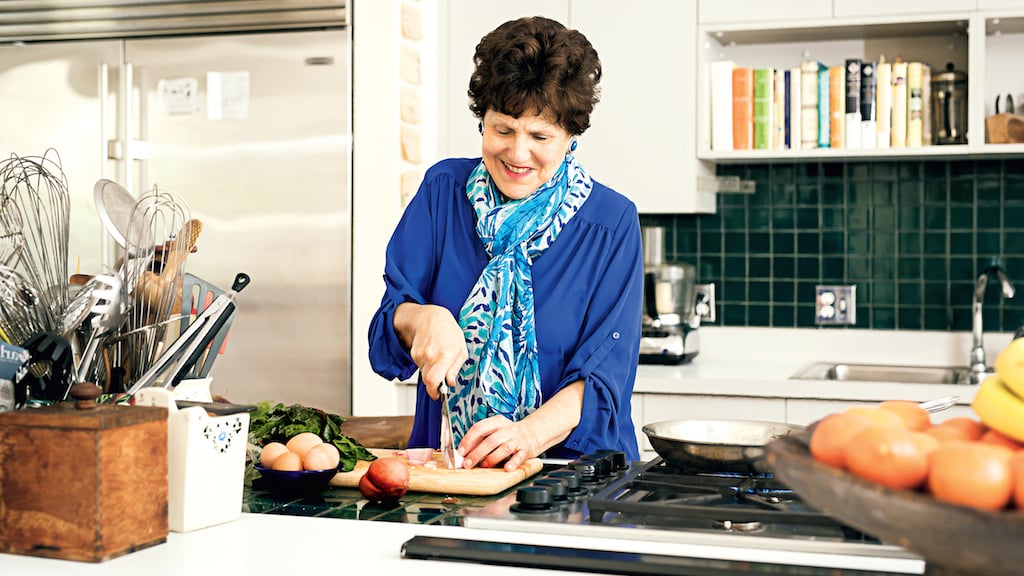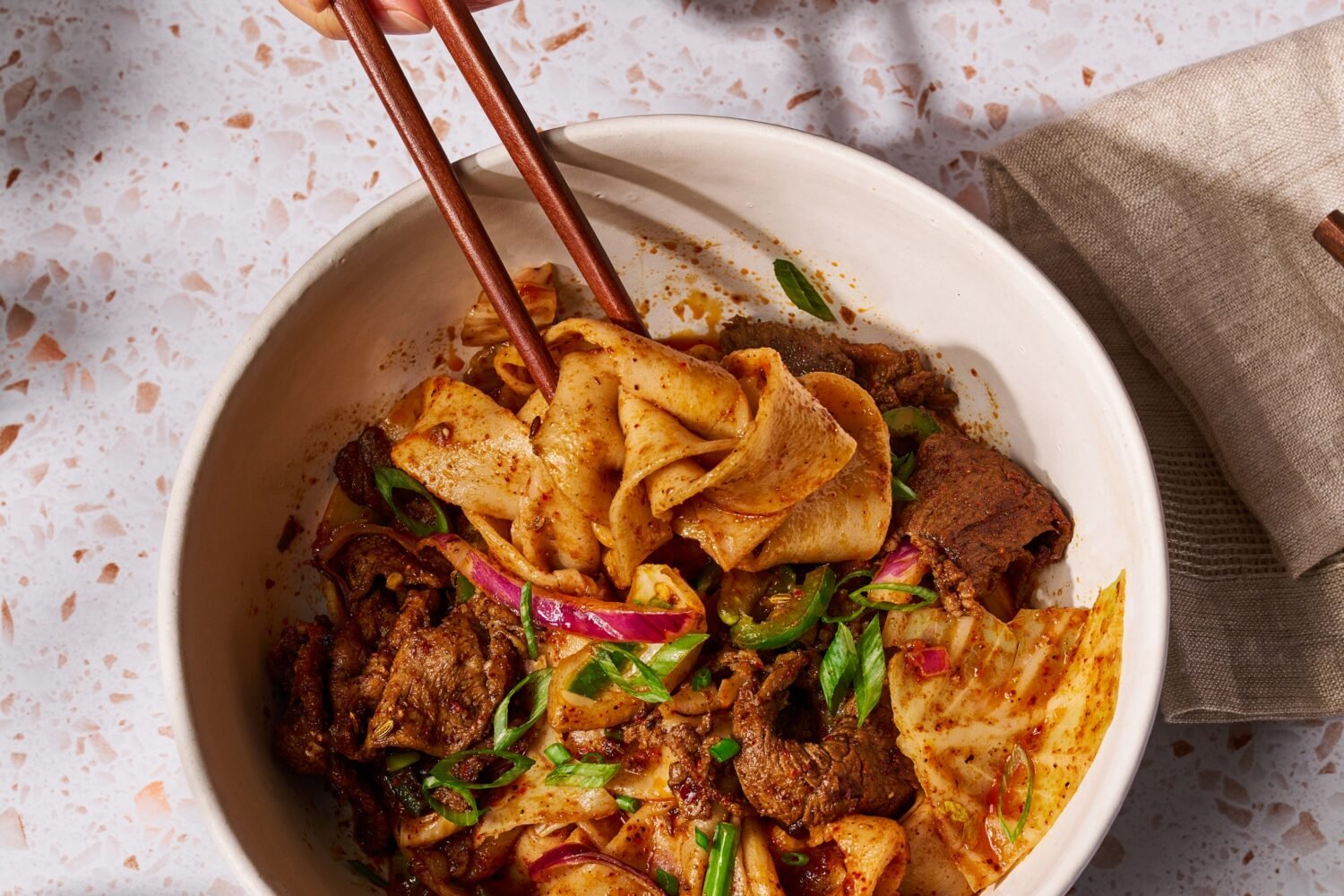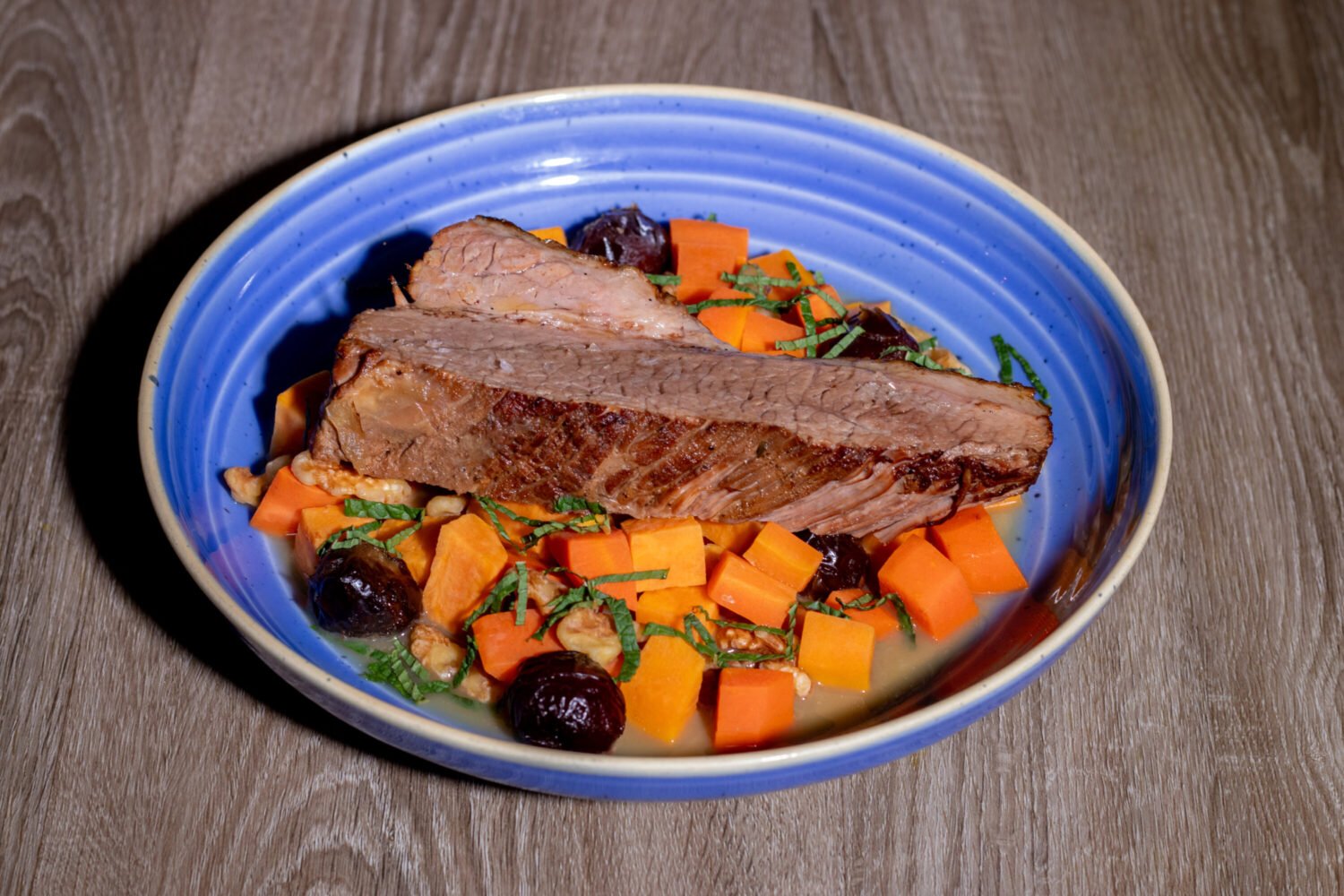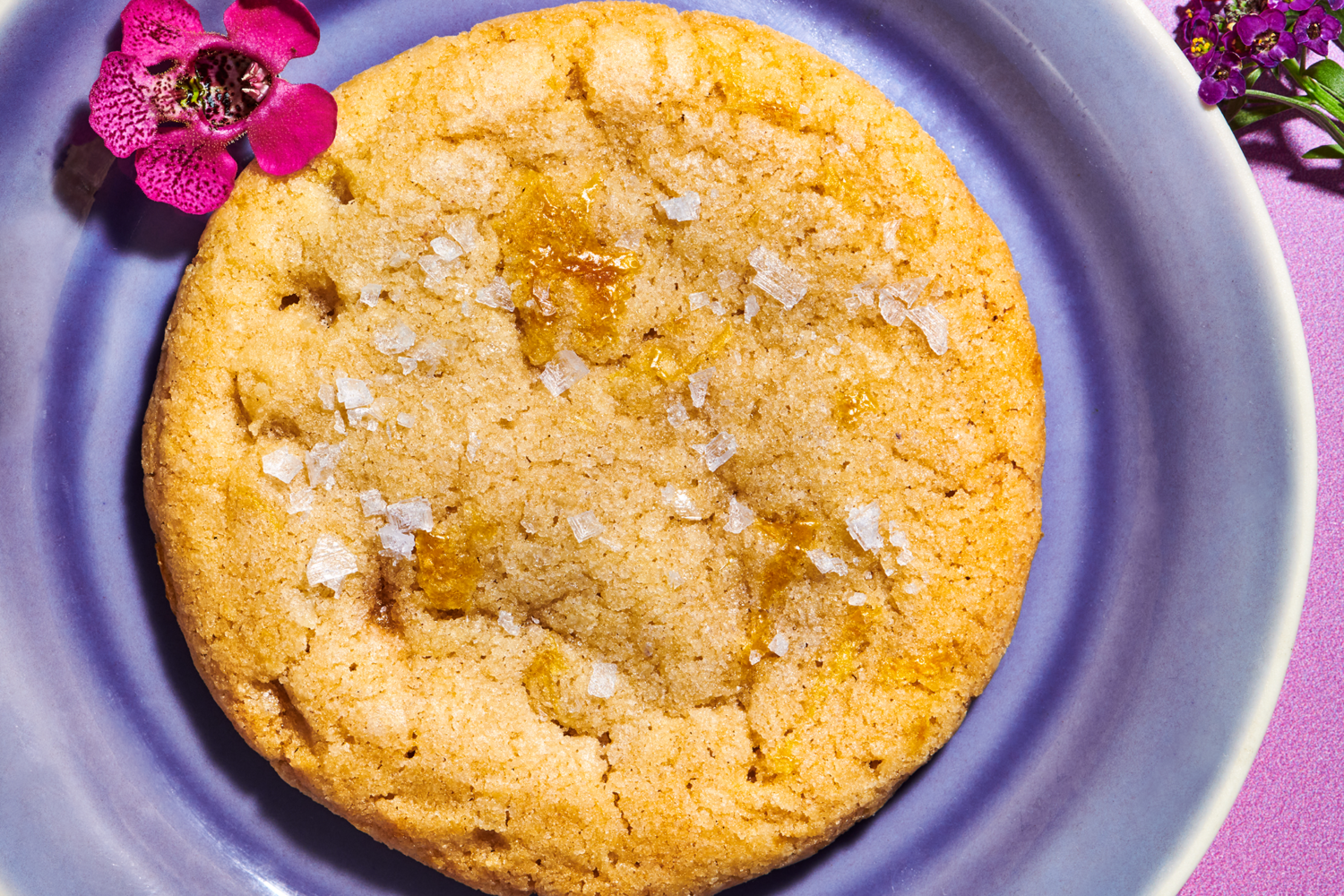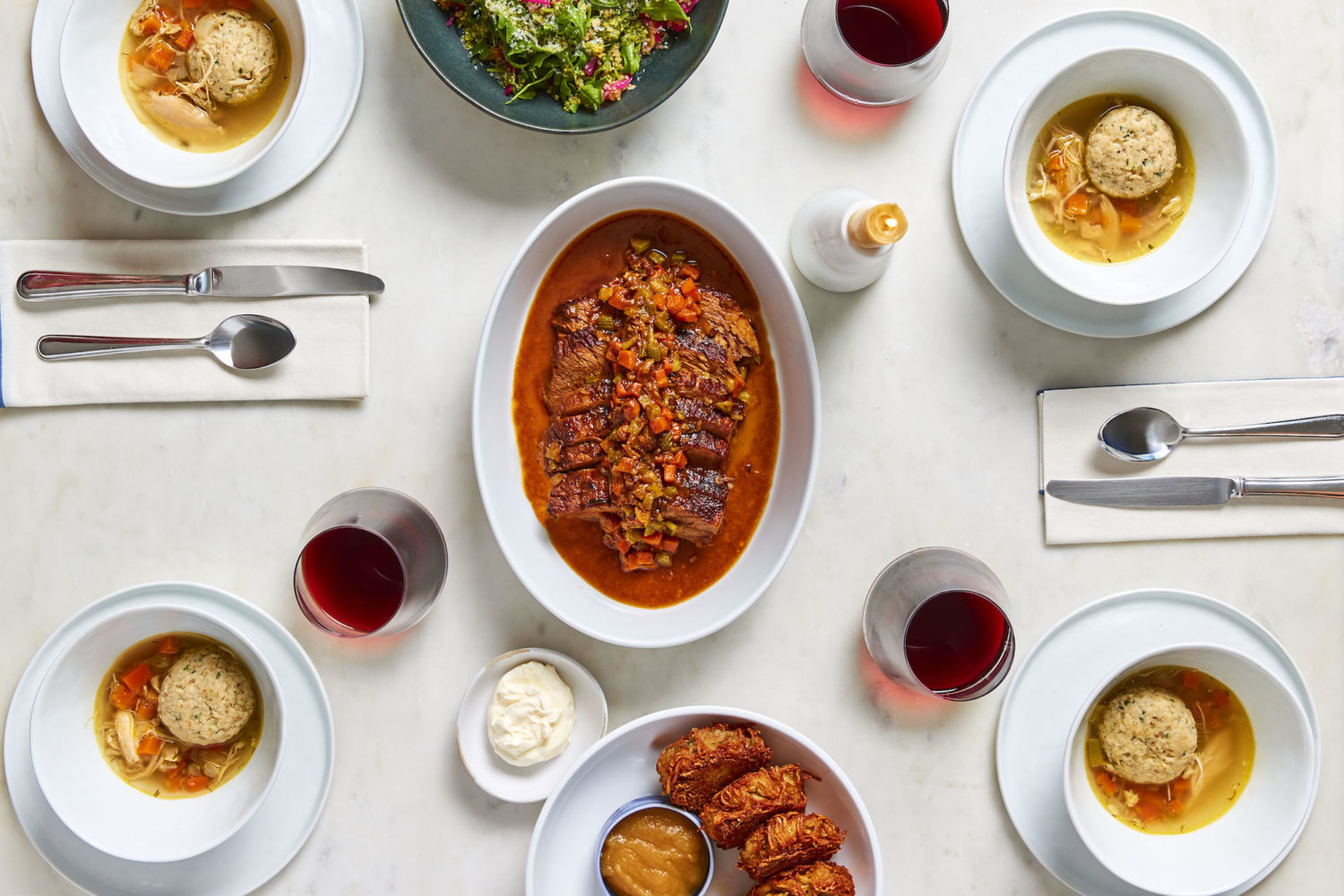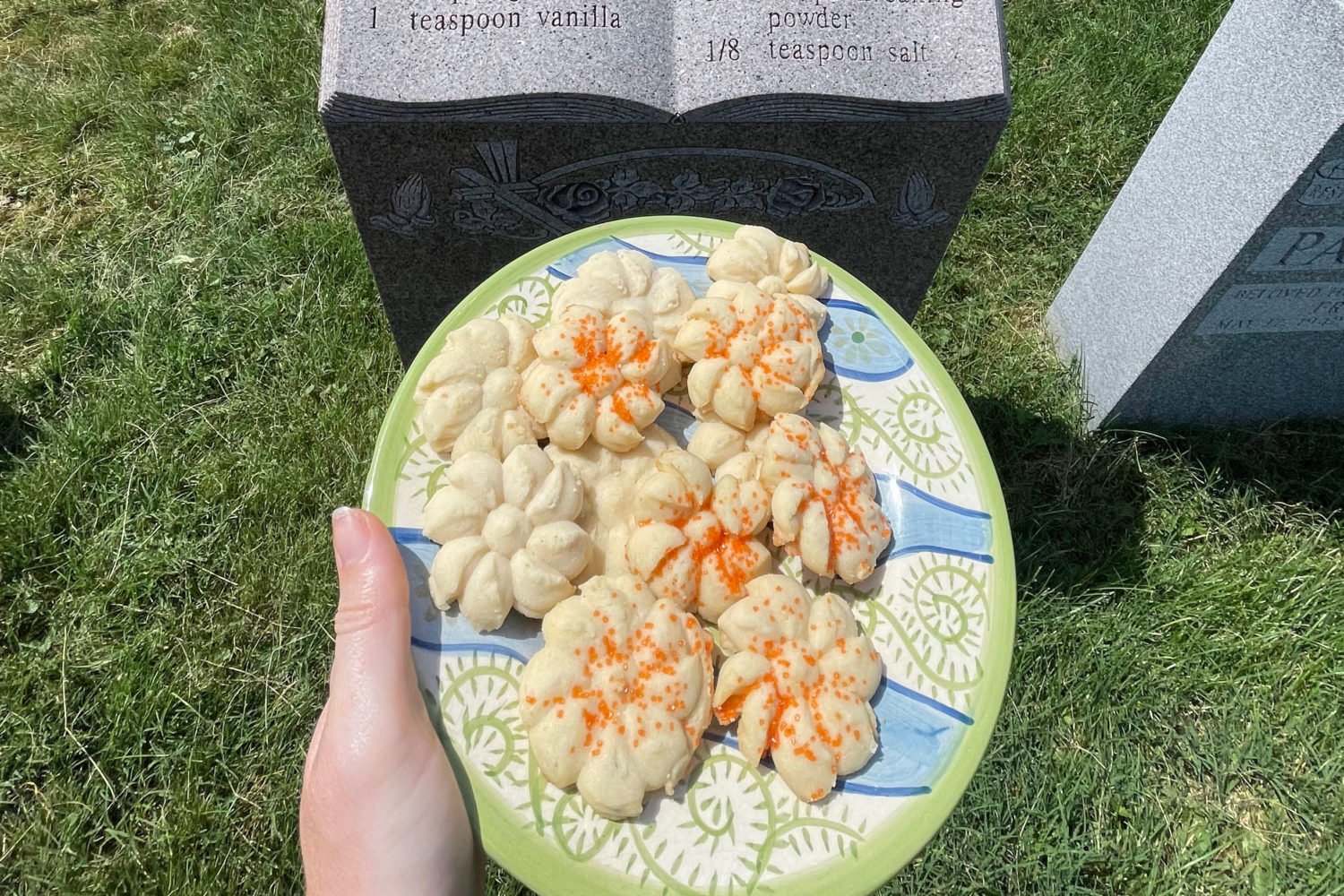James Beard award–winning cookbook author and Washingtonian Joan Nathan is considered the doyenne of Jewish cooking. We chatted with her about her 11th book, King Solomon’s Table: A Culinary Exploration of Jewish Cooking From Around the World.
Why “King Solomon’s table”?
King Solomon is a metaphor for people going out from ancient Israel exploring—he symbolizes the beginning of the era of exploration. For years, I played this game, wondering: What did they do in ancient Israel? I was interested in what spices and ingredients were used. I realized chickpeas were already a basic food. Hummus was around. It might not have had lemon because lemon came later, but sesame came early—from China. I realized food traveled.
What makes a recipe Jewish?
Three components. One is the dietary laws, which keep the cuisine apart. The Old Testament laws separated milk and meat and dictated that the only acceptable edible animals have split hooves and chew their cud. Shellfish and pork are forbidden. These rules inspired interpretations throughout history. The second is Jews were looking at ingredients from the get-go. Third, because Jews were kicked out of country after country and had to adapt, they regionalized their food. And because of the dietary laws, they tend to stay together and have traditional foods at holidays.
What’s the common factor among the recipes?
I’ve spent my whole life studying Jewish foodways. I’m fascinated by how they’ve been picked up in different areas, using the dietary laws in recipes to show they’re Jewish. There’s a Hungarian paprikash in the book that has no bacon and no sour cream.
The other thing is that Jews had to move so much. When you’re an immigrant, what do you carry? Your recipes and your songs. The first generation carries the recipes, the second generation tries to integrate, and the third looks back and tries to recapture what the first generation brought, to understand who they are.
How do you get your ideas?
Travel and people. Living in DC, you’re surrounded by embassies and ambassadors. Immigrants bring new ideas.
Once we went to Nablus [a West Bank city] to meet the mayor, and he was talking on and on about policy. Suddenly, I said, “Do you make kinaffeh?” It’s a Palestinian dessert. He stopped and said, “We are going to my house. The best kinaffeh in the world is in my house.” Food breaks barriers.
This article appears in the April 2017 issue of Washingtonian.

